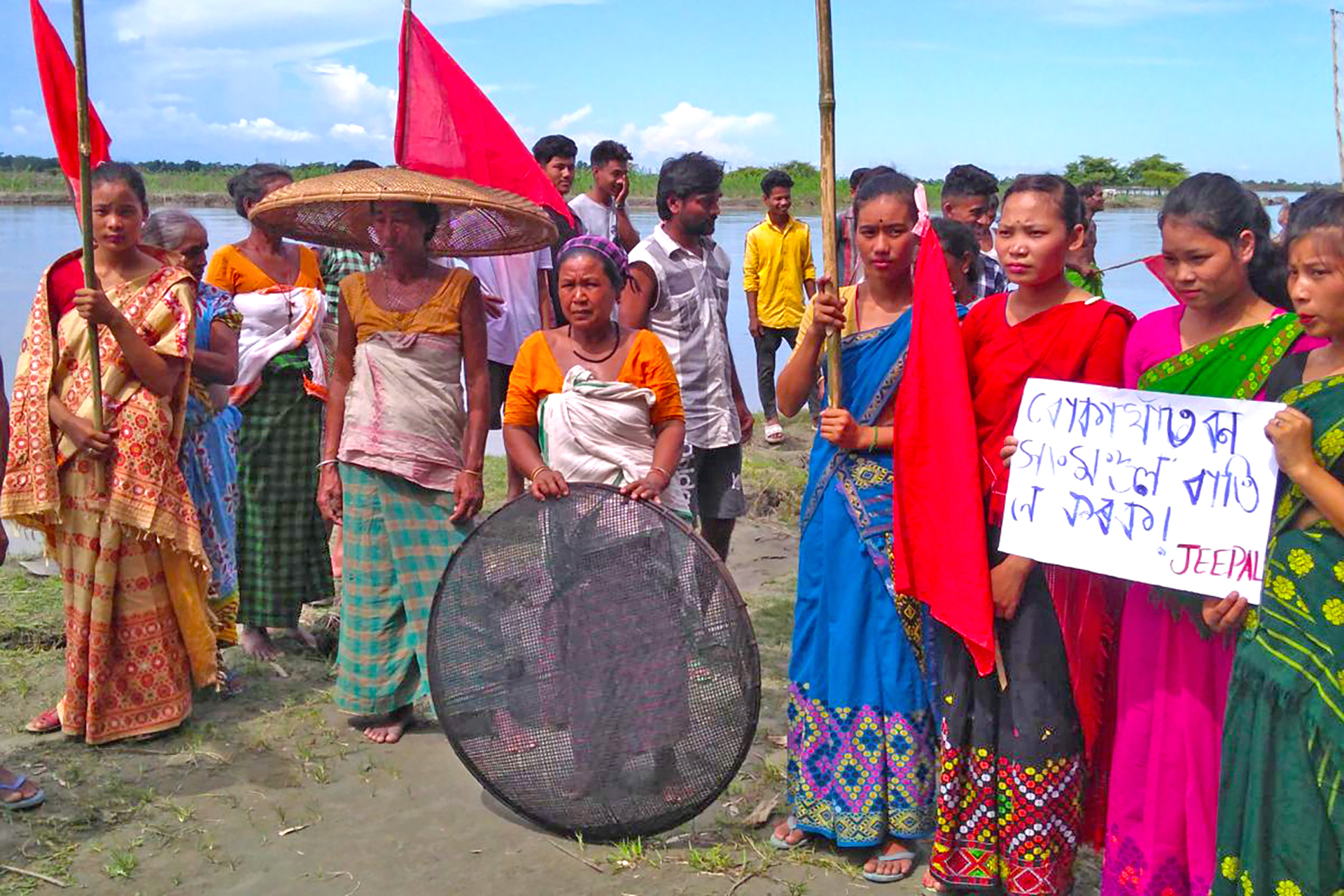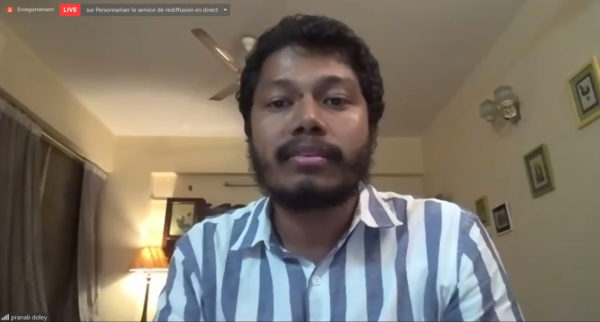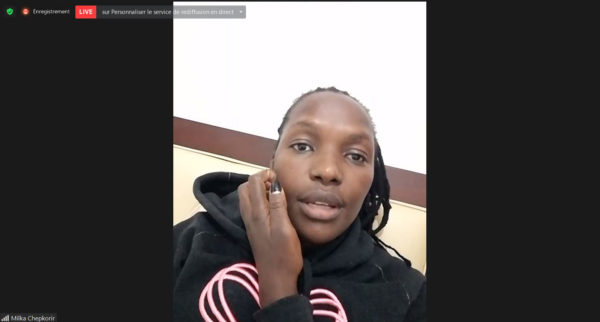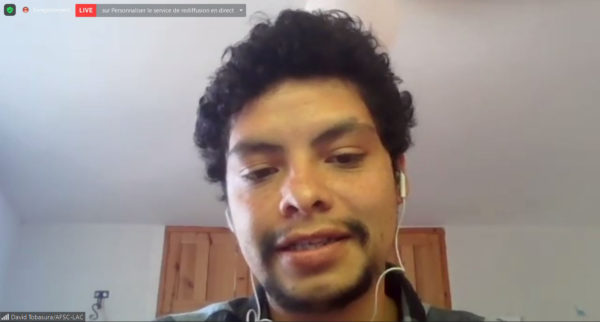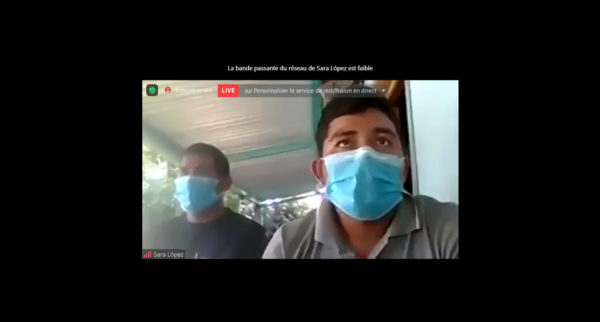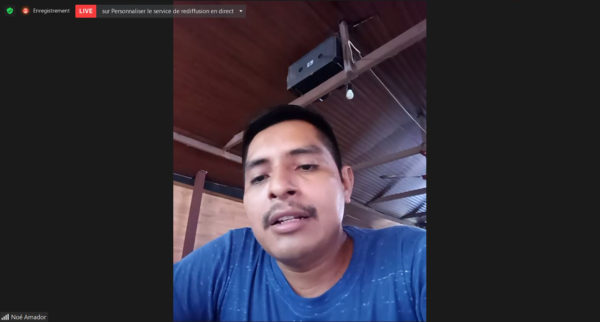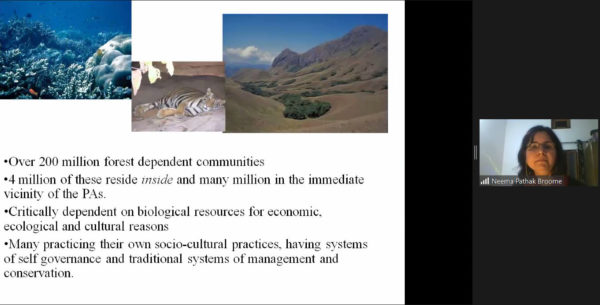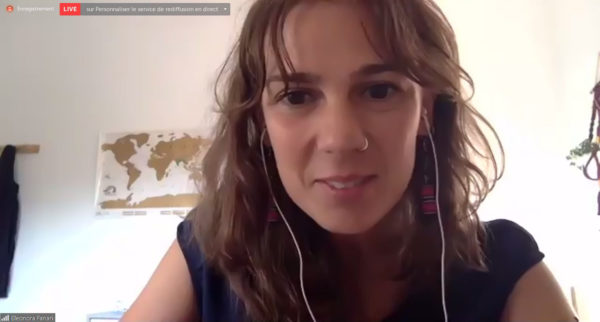Ahead of the IUCN World Conservation Congress 2021 in Marseille, the webinar’s goal was to address the multifaceted social and environmental conflicts generated by restrictive conservation policies and reflect on the ways forward
First published on 08/27/2021, and last updated on 02/14/2025
By Eleonora Fanari
Researcher, The Environmental Justice Atlas (EJAtlas) of the ICTA-UAB; and
Honorary member, ICCA Consortium
EJAtlas, in collaboration with the American Friends Service Committee (AFSC) and the Bufete Jurídico de Derechos Humanos in Guatemala, recently organized a webinar “The hidden side of Conservation: Voices from the ground.” Ahead of the IUCN World Conservation Congress 2021 in Marseille, the webinar’s goal was to address the multifaceted social and environmental conflicts generated by restrictive conservation policies and reflect on the ways forward. I jointly moderated the webinar with David Tobasura of AFSC.
The event brought together community representatives from Guatemala, India, and Kenya who shared their experience of struggle for recognition of customary territories, rights, culture, and identity. Representatives from local organizations, Indigenous communities, researchers, and academic institutions worldwide participated in the webinar. ICCA Consortium Members and Honorary members were among those who participated in the event as resource persons and speakers.
The webinar explored the contradictions of many conservation policies, showing how protected areas continue to impact local and Indigenous communities across countries negatively. Contributions by speakers illustrated how the framework of the so-called protected areas continues to be problematic across countries, violating the forest and human rights of local and Indigenous communities living in these areas.
In my opening speech, I highlighted documented environmental injustices in the name of conservation coming out from across the world. I also talked about how resistance against ‘fortress conservation is also increasing.
Guatemala: REDD+ enables the state to abuse and evict Indigenous communities
Representatives from Guatemala highlighted aspects of the complex scenario around the protected areas of Laguna del Tigre and Sierra del Lacandón.
Noe Amador, a community representative, talked about how conservation projects, inequality, and corruption fostered by the state leave the communities in deep poverty. In particular, he highlighted how in 1996, the ‘crimes of usurpation’ in protected areas had enabled the state to criminalize leaders and farmers and relocate entire villages often falsely accused of narcotrafficking. As part of the carbon market projects, REDD+ has also been recognized as part of the problem. REDD+, as Noe noted, is contributing to monetizing nature, excluding communities from the governance of resources while only enriching foreign companies and organizations.
Wildlife conservation policies generate conflicts and major issues amidst the local and indigenous communities inhabiting forest-protected spaces.
Marvin Perez, from the Laguna Larga community displaced in June 2021, shared the painful memories of the relocation day when the law enforcement agencies attacked their village. The law enforcers came into their village, burned their houses, and forced everyone to leave. For the last five years, they have been left alone in a ‘no-man’s-land’ territory between Mexico and Guatemala. “14 people have died for the unhealthy condition, and we have no place to go,” said Marvin.
Hector Perez of Bufete de Derechos Humanos, who has been following the legal case, added that corruption plays an important role in aggravating the communities’ suffering. He mentioned how these forest areas are not protected in reality, and restrictions are applied only to farmers and companies that exploit the resources for unsustainable extractive economic interests. The establishment of these protected areas left the communities where all the possible basic rights for a dignified life have been violated.
In India, forest guards in protected areas kill with impunity
ICCA Consortium’s Regional Coordinator for South Asia, Neema Pathak Broome (Kalpavriksh, ICCA Consortium Member), shared similar stories of struggles and resistance from India. Neema talked about the policies implemented around protected areas in India. She highlighted how India’s failure to recognize the rights of communities living in and around forests criminalizes lives and livelihoods. In violation of forest rights, communities are evicted and relocated, she said. Neema also shared findings of a study carried out together with the EJAtlas, where it was revealed that more than 14000 families had been displaced in the last twenty years from protected areas in India. She also shared how deforestation continues in India to make way for industries and infrastructure projects. She said that protected areas are becoming a rampant excuse to carry destruction outside these areas and a compensation mechanism to compensate for the loss.
The cases presented in the webinar are a strong reminder the control over the access, and use of natural resources by states and other actors such as conservation NGOs and international companies are violating the basic rights of the local and Indigenous communities who are getting displaced and criminalized in the name of wildlife conservation.
Pranab Doley, a member of the Mishing Indigenous community, Kaziranga National Park in Assam, India, talked about his community’s ongoing physical and psychological trauma since the last century. Since colonial times till now, they have been the victims of repeated displacement and violence. He shared how the extension of the protected area without local consultation fosters conflicts with the state using brutal forces against the community. Pranab said that the success stories of Rhino protection in Kaziranga had been stained with the local people’s blood. The highly militarized forest guards maintain an environment of fear and insecurity, violating the basic human rights of Indigenous communities. The forest guards have legal impunity, so they are always using excessive force. ‘From 2010 to 2015, about 17 people have been murdered in cold blood in the area, without any inquiry,’ Pranab said.
In Kenya, European Union and other donors are evading responsibility for rights abuses by the conservation projects they fund
From Kenya, Milka Chepkorir shared the case of her Sengwer Indigenous People. Milka coordinates Community Land Action Now (CLAN) in Kenya, and she is also the Coordinator of ‘Defending Territories of Life’ thematic work at the ICCA Consortium. For ages, Sengwer Indigenous People have been living in the Embobut and Kabolet forests. But in recent years, conservation projects funded by foreign donors enabled the government to evict Sengwer communities from their territories. ‘‘These conservation projects are either funded or implemented by organizations like the IUCN and the European Union’’, she said. “These agencies should be accountable for human rights violations in conservation, a clear message by the European Union should be sent to the Kenya government to stop these atrocities,” Milka said. She stressed how this results from a colonial approach to conservation that continues to be perpetuated by the state, failing to recognize the local communities’ rights. She said that community land rights are the key for real conservation based on inclusion and co-management of the resources.
David Tobasura of the American Friends Service Committee in Guatemala, who co-moderated the event, delivered the final statement. He said that it is time to recognize the colonial roots of conservation, a model that is on one side hampering the rights of local communities and on the other side supporting capitalist projects that continue to damage the environment. It is necessary to recognize that forest spaces exist because the communities shape them, and they are the only ones who have been able to restore and manage these rich biodiversity spaces since time immemorial, he added.
The cases presented by the speakers at this webinar once again remind us that, while negotiating the Post-2020 Global Biodiversity Framework, global leaders should prioritize human rights and the rights of Indigenous peoples and local communities.
